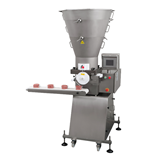In 2009, Canada-based company Viterra acquired ABB Grain, previously Australia’s largest locally owned agribusiness. Last year, foreign-owned companies also acquired Australian Bulk Alliance and AWB Limited, both being major players in the domestic grain sector.
Much of the increase in international interest can be attributed to the deregulation of Australia’s bulk wheat export market.
These moves also hint that international entities increasingly see value in Australian agriculture, especially amid the rising cost of grains. Often earnings in the grain sector are heavily dependent on environmental conditions and some companies have been able to demonstrate reliable growth by adopting sound risk-management strategies. Two major companies in the grain sector that have yet to be acquired by foreign investors are GrainCorp and Co-operative Bulk Handling Limited (CBH Group).
Sydney-based GrainCorp is a public company that derives much of its revenue from the provision of storage, logistics and grain marketing services.
Over the past four years, GrainCorp has shown consistent revenue growth, more than doubling its total revenue from $816 million in 2006 to $2 billion in its 2010 financial year.
However, GrainCorp has also experienced its share of upsets, incurring after-tax losses of approximately $20 million in both 2007 and 2008. This was mainly due to a large drop in the volume of grain received resulting from the effect of crippling drought conditions.
GrainCorp has since taken steps to diversify both vertically and geographically, acquiring a number of malt businesses in the United States, the United Kingdom and Australia.
These acquisitions, made at the end of 2009, contributed to GrainCorp’s record profit after tax of $80.2 million the following year. This 27% increase in profit can be contrasted with the performance of CBH Group, which recorded a 76% drop in net profit after tax over the previous financial year.
CBH Group’s decrease in profit was the result of a smaller crop harvest and an impairment charge in relation to one of its grain centres. The organisation, which is owned by Australian farmers, relies more on the performance of domestic growers and, as such, is affected by Australian weather conditions.
Nonetheless, CBH Group has managed to turn a profit, even during years marked by drought, and has matured since its founding in 1933 to become one of Australia’s largest exporters of wheat, barley and canola.
Over the past four years, the company achieved an outstanding 25% annualised revenue growth rate, while expanding its operations in South Australia, Victoria and New South Wales.
Despite recent flood damage in the eastern parts of Australia, domestic grain companies face a positive year ahead, as grain prices receive an upward push from hoarding activities related to food shortages in China.
Foreign direct investment in locally owned companies is expected to continue, as investors seek to capitalise on increasing pressures for governments to establish long-term food security.
To the benefit of Australian companies, the increase in foreign acquisitions will undoubtedly stimulate growth and continue to generate cost efficiencies within the grain sector.

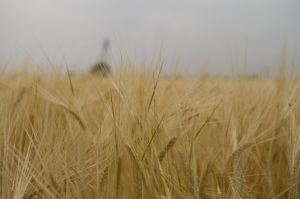









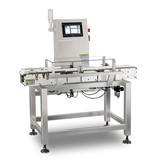




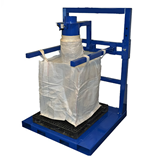



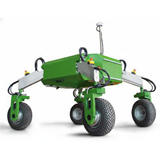
-160x160-state_article-rel-cat.png)



